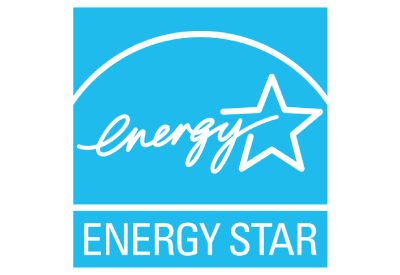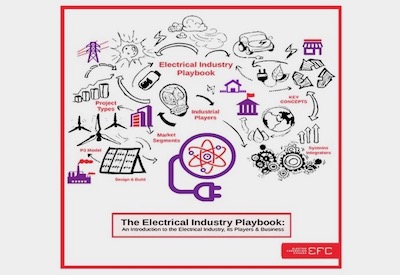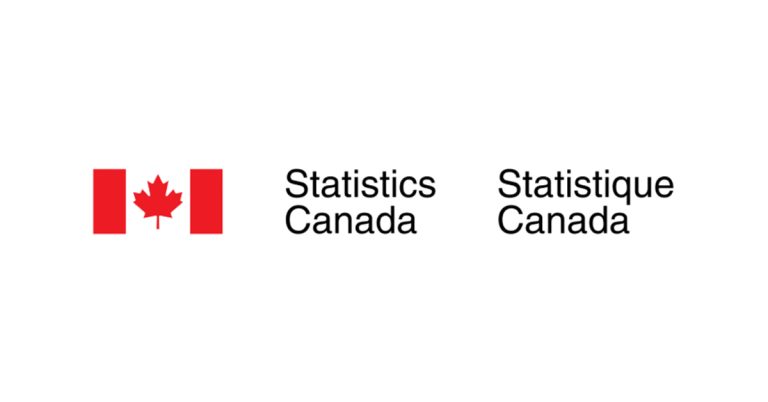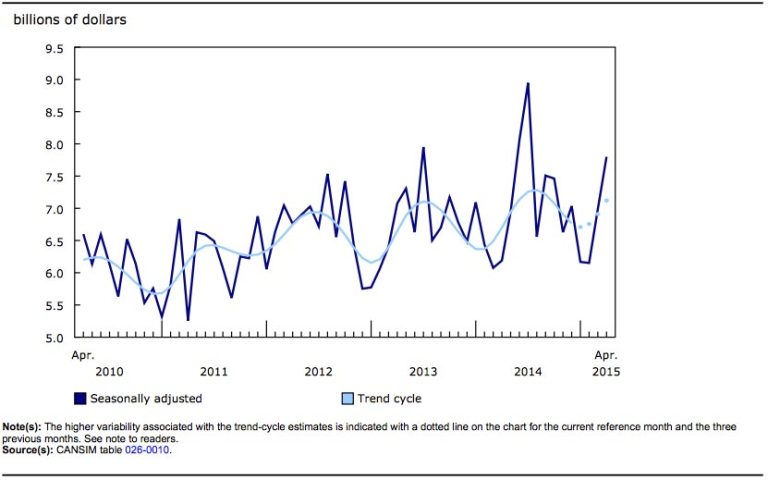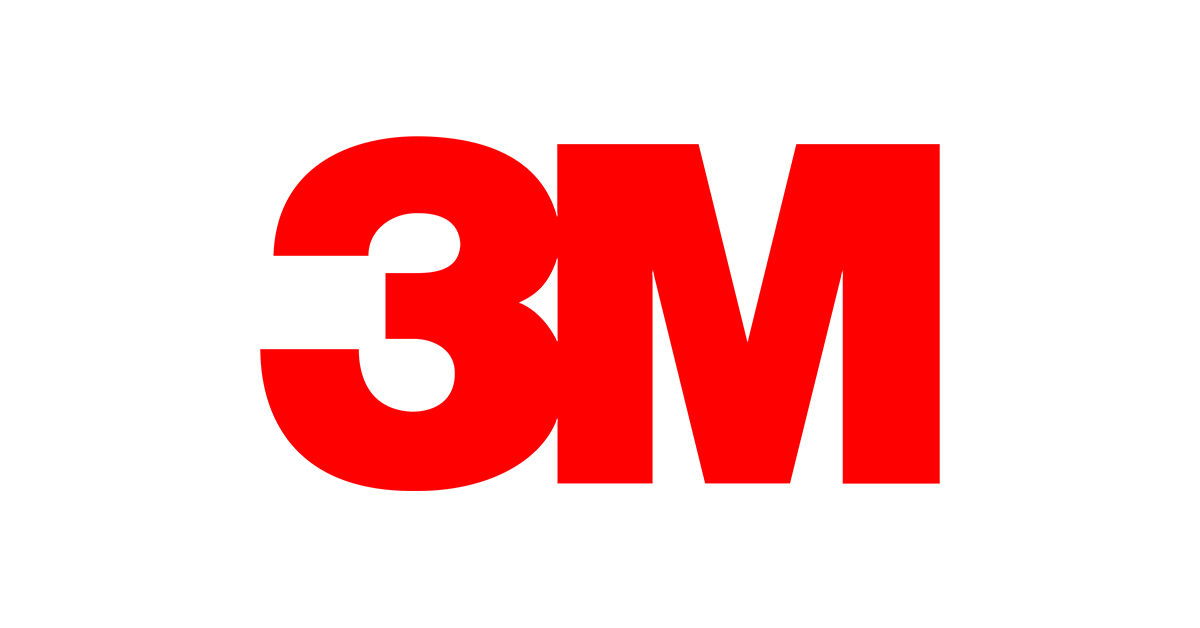A Good Day for Canada: Trump Administration Approves Keystone XL Pipeline
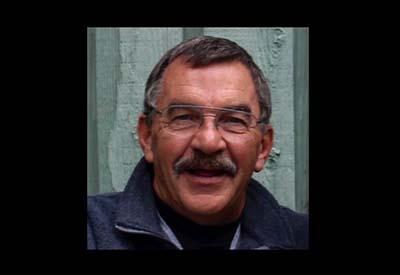
Canada’s hotly debated, long-delayed Keystone XL pipeline received its elusive U.S. presidential permit from Donald Trump last month, eight years and six months after the initial application for it to cross the American border.
The president made the announcement at the White House.
The president of TransCanada Corp., the Calgary-based pipeline company that has wrestled with lawsuits, resistant landowners, protesters and Washington Democrats, accompanied him. “You’ve been waiting for a long, long time,” Trump said to TransCanada’s Russ Girling. “It’s a great day for American and Canadian jobs and a historic moment for North America and energy independence.”
Prime Minister Justin Trudeau saluted the news: “We’re very pleased with the announcement coming out of the United States,” he said, welcoming indications the project would be spared from upcoming Buy American rules.
The presidential approval doesn’t guarantee the pipeline gets built.
Originally planned to open in 2012, the Keystone XL would transport up to 830,000 barrels a day of Canadian and North Dakota crude to Steele City, Neb., where it would connect with existing pipelines to deliver the sludgy oil to refineries in Texas and Louisiana for processing. Most of the refined product would probably be exported, or it might enable domestic producers to export more oil produced in Texas, Louisiana and Oklahoma.
When the project was in the planning stages, the United States was highly dependent on oil from the Middle East. The drilling boom in shale fields in Texas, North Dakota, Oklahoma and Colorado was still in its infancy.
But in recent years, domestic production has nearly doubled, and the United States now exports increasing amounts of oil and natural gas. Oil prices have been slashed in half over the last three years, although many analysts predict that petroleum prices will rebound in the next decade, when the pipeline would begin to operate.
Bottom line: this is just what Canada and the U.S. need to boast the new jobs marketplace in 2017 and beyond.
In addition, we can anticipate addition new growth in the construction market place to support the major project.
TransCanada promised as many as 13,000 construction jobs, and Trump once predicted it “could be 42,000 jobs.” The vast majority would be “indirect” jobs other industries gain from the influx of dollars and construction workers.
Hopefully in the near future, we can anticipate addition major announcements from Prime Minister Trudeau and President Trump to continue expansion of cross relationships.
Paul Eitmant is President and CEO of IP Group International, which serves the needs of business-to-business enterprises in over 30 countries worldwide by adding specialized expertise to the business planning and implementation process; Tel: 480.488.5646; paulipgroup@cox.net.



